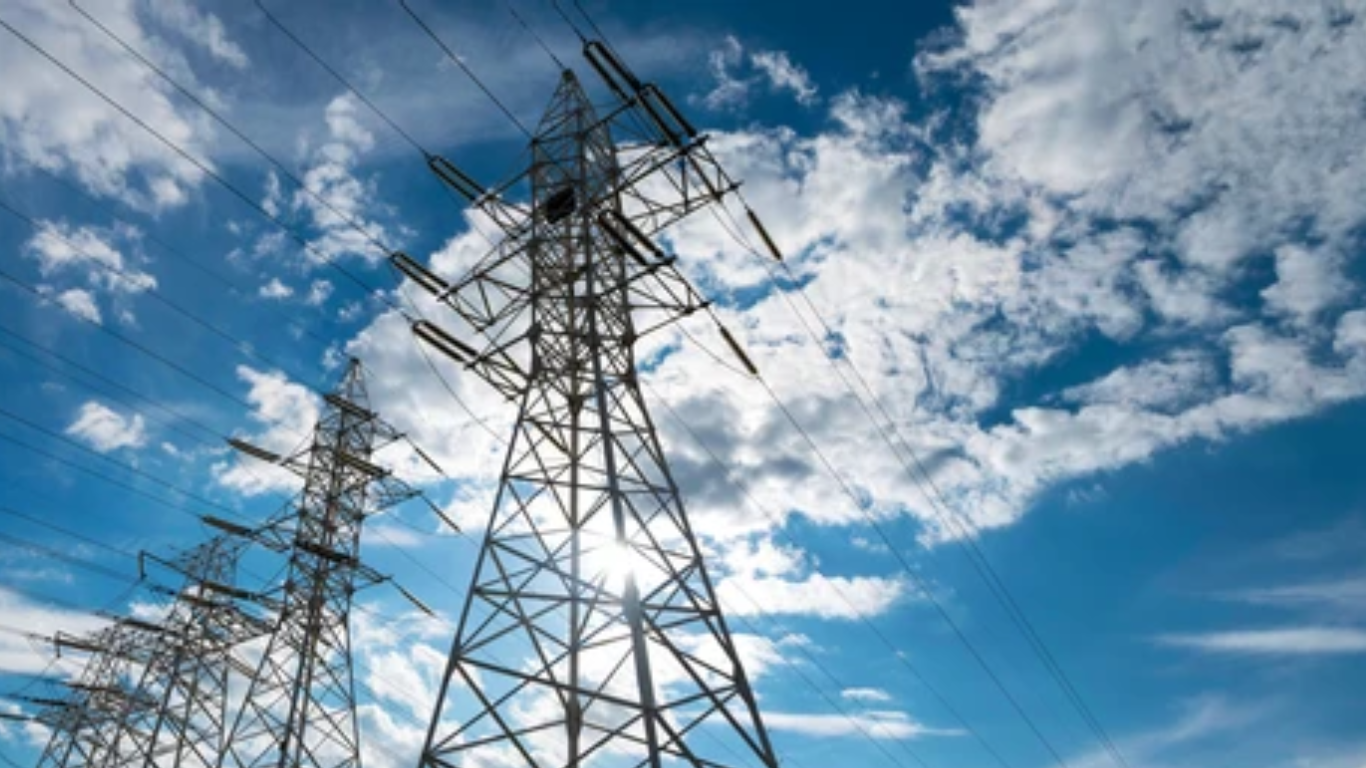BUSINESS

FG TARGETS $23.2 BILLION TO BOOST ENERGY ACCESS, PRIVATE SECTOR TO FUND $15.5 BILLION
The Federal Government has unveiled an ambitious $23.2 billion investment plan aimed at increasing energy access across Nigeria, with the private sector expected to contribute $15.5 billion under the National Energy Compact initiative.
The initiative, spearheaded by the Minister of Power, Chief Adebayo Adelabu, seeks to close Nigeria’s energy gap by increasing electricity access from four percent to nine percent annually. It also aims to boost clean cooking solutions from 22 percent to 25 percent per year, expand renewable energy’s share in power generation from 22 percent to 50 percent, and drive last-mile electrification efforts.
According to a statement from Chief Adelabu’s office, the programme aligns with resolutions from the recently concluded Mission 300 Africa Energy Summit in Dar es Salaam, Tanzania. The summit, hosted by the Tanzanian government alongside the African Union, African Development Bank Group, and World Bank, focused on accelerating electricity access for 300 million Africans by 2030.
Nigeria’s Energy Roadmap and Challenges
Chief Adelabu emphasized Nigeria’s commitment to achieving universal energy access, noting that with 150 million Nigerians already connected to electricity, the country remains dedicated to sustainable power solutions. However, he acknowledged that vandalism of power infrastructure remains a significant challenge, disrupting supply and discouraging investors.
“Transmission towers, pipelines, and distribution equipment have been targeted, causing severe disruptions,” Adelabu stated. He reassured Nigerians that the government is intensifying security measures, enforcing stricter penalties, and deploying surveillance technology to curb vandalism.
Private Sector Participation & Investment Breakdown
To meet its energy targets, Nigeria is banking on private sector participation to unlock new funding streams. Adelabu revealed that out of the $23.2 billion investment goal, private investors are expected to provide $15.5 billion, while the government will source the remaining funds.
“These funds will be directed toward expanding power generation, strengthening transmission and distribution networks, and integrating distributed renewable energy solutions,” he explained.
Adelabu urged development partners, philanthropists, and investors to join the initiative, stating that the National Energy Compact will position Nigeria as a leader in Africa’s energy transition while fostering economic growth, job creation, and industrialization.
As Nigeria pushes forward with its energy transformation, experts believe that successful implementation of this strategy could provide millions of Nigerians with affordable and sustainable electricity, bridging the country’s longstanding power gap.
"This represents a significant development in our ongoing coverage of current events."— Editorial Board









